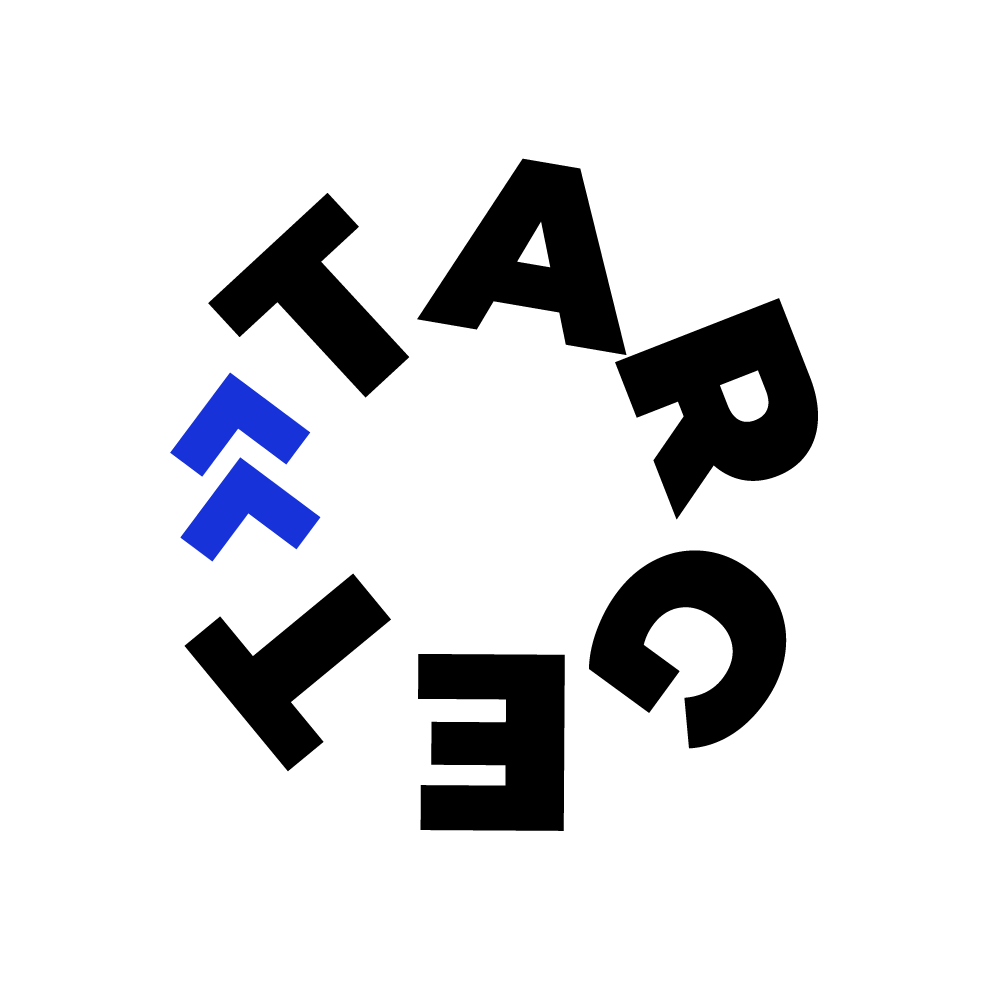
0%

Insights
Insights
The future of paid media tracking: an introduction to Meta’s Interoperable Private Attribution
5 Min Read

The problem
As advertisers, we need accurate reporting about how our campaigns are performing. Currently, paid media channels attribute conversions and campaign successes using browser-based cookies. This model relies heavily on using data about the people who clicked ads and bought products to determine return on ad spend [ROAS], but the paid media ecosystem is moving towards more privacy and less personal data sharing. But how can advertisers provide companies with accurate reporting, while sharing less data? Enter IPA. Interoperable Private Attribution (IPA) is a proposed system from Meta & Mozilla that would enable accurate ad measurement while ensuring user privacy.The current system: how ad measurement is done today
Using a Global ID to compare impressions with purchases
In the current system, every user has a unique identifying number. That identifying number is recorded every time they click on an ad or make a purchase. Ad tech companies and paid media platforms can see these identifying numbers to determine how many people made a purchase after seeing an ad. In its present form, this system means sharing a large volume of personal data with advertisers.
One current solution is to ask users for their consent. However, asking for consent has its challenges:
In its present form, this system means sharing a large volume of personal data with advertisers.
One current solution is to ask users for their consent. However, asking for consent has its challenges:
- It is difficult for a cookie consent prompt to explain the full context of this decision for users.
- Without fully understanding what they are being asked, users might share more data than they would like, or opt out due to a lack of understanding.
- People have consent fatigue from being asked too frequently.
The proposed solution: Interoperable Private Attribution (IPA)
At the core of IPA are two key ideas that differ from previous approaches
- Match Keys: A secure identifier that can be set by apps and websites people commonly log-in to across devices.
- Matching in MPC: Matching of ad interactions and conversions happens server-side, within MPC (Secure Multiparty Computation), rather than on-device.

What are match keys?
IPA adopts a match key concept, in which an encrypted match key is created when a user logs into a browser on one device, which allows the system to connect the behaviour of that user as they move around different browsers and devices, provided that they use the same login information and the solution is adopted by all browsers. Theoretically, it could determine whether a user saw an ad on one device that influenced a purchase on another.- A democratised, write-only identifier that anyone can set, but also anyone can benefit from.
- Since only the browser / operating system can read the match key, and the actual value is never revealed to anyone, it cannot be used for tracking or profiling.
- It can only be used within a specific MPC for the purpose of aggregate conversion measurement.
How do match keys work?

How do match keys improve on existing solutions (i.e. third party cookies)
Ad tech companies set third party cookies in web browsers to track user behaviour, including ad impressions and purchases. Cookies: Third party cookies can be used for tracking and profiling people, with is unethical and insecure. Match keys: Match keys are never seen, so they cannot be used to profile and track. Cookies: Any company can set a third-party cookie, but only they can read it. Match keys: Match keys can be used, not read, by anyone.Matching in MPC
Matching of ad impressions and conversions happens server-side, within a Secure Multiparty Computation (MPC). The actual values of the match-keys are hidden from the MPC itself. It also enables cross-device conversion attributionHow matching in MPC works
Match keys are stored privately by the browser / mobile device. Apps and websites cannot read the value. The browser / mobile device encrypts information about the impressions or conversions, including the match key. Apps and websites have to send this information to the MPC to perform matching. Within the MPC, match keys are scrambled multiple times, by multiple helper nodes, while still encrypted. After decryption, values from the same person still match up, but since the values are scrambled their identity is unknown.How Matching in MPC improves on existing solutions
Matching in MPC vs. Status Quo (i.e. browser-based cookies)For context, the ‘status quo’ is ad companies using unique global identifiers to match up ad impressions and conversions on their own servers.- Status quo: no artificial delays
- Matching in MPC: same
- Status quo: No artificial limits on number of campaigns
- Matching in MPC: same
- Ad companies can also use unique global identifiers to track and profile people.
- Match keys are never seen, so they cannot be used to profile and track.

